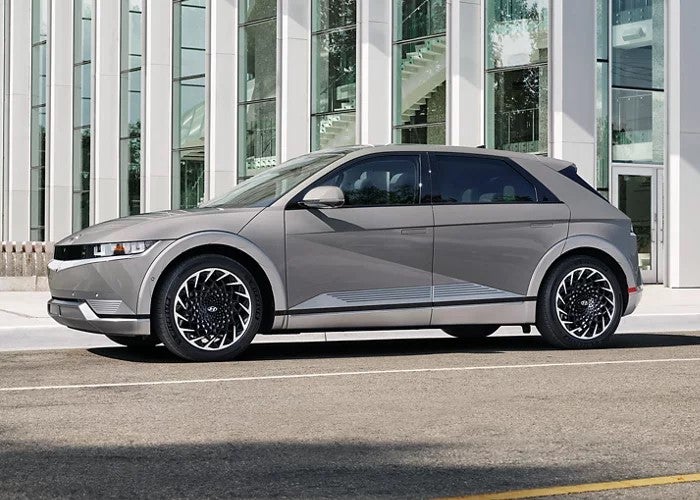
Hyundai Motor and Kia see strong US demand for electric vehicles (EVs), senior executives told Reuters.
The news agency noted the comments ran against industry fears inflation and higher interest rates would undermine the boom in EV sales. Other major EV makers from Tesla to Ford have pushed back EV related factory buildouts in the face of economy related concern.

Discover B2B Marketing That Performs
Combine business intelligence and editorial excellence to reach engaged professionals across 36 leading media platforms.
“I am still very bullish on the battery electrics,” Jose Munoz, Hyundai’s global chief operating officer, said, adding the company’s EV sales were doubling year over year.
“Our investments in the battery electric plant in Savannah (Georgia) move on. So we’re pushing as much as we possibly can to get it ready by October next year,” he said. “(Investments) are not on track. They are accelerated. We are pulling ahead.”
Munoz reportedly added “based on what I see, I need more. If I had more capacity today, I could sell more cars.”
Kia, 34% owned by Hyundai, had a similar view as its sister company.
“We’re still growing organically despite the weather outside,” said Steven Center, chief operating officer at Kia America, referring to the economic climate. “We’re not seeing a slowdown.”
He added Kia was expanding into additional segments that would power EV growth.
“All things being equal, as they say in economics, we’ll continue to grow in volume, and the EV side will do most of the growing.”
Startups Lucid and Fisker cut their 2023 production targets this month and Polestar trimmed its delivery forecast and halved its margin guidance for the year, Reuters noted.
Subaru chief executive, Atsushi Osaki, told Reuters he was not sure about demand in the short term but was committed to the EV market.
“There might be a bit of stagnation due to inflation at the moment, but as we look at it over a long span to 2030, we believe that we’ll have the ability to have battery EVs make up for about half of our sales,” he said.
“However, as it’s the market that decides in the end, we’ll adapt flexibly to that.”




